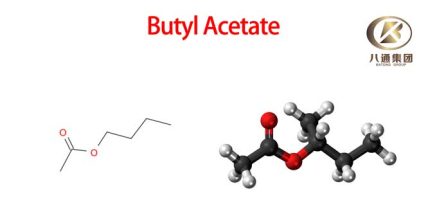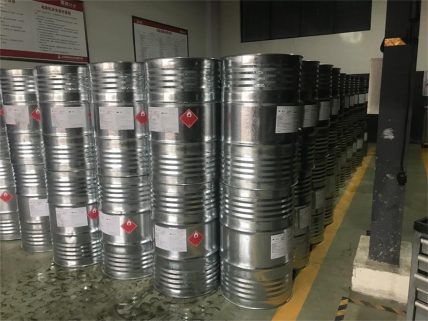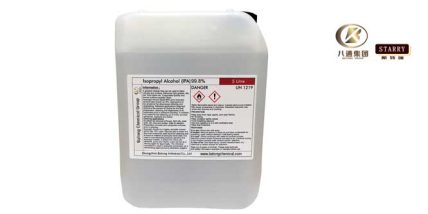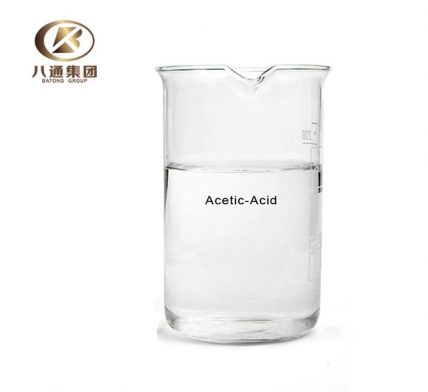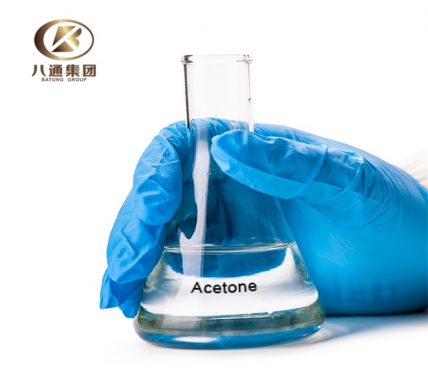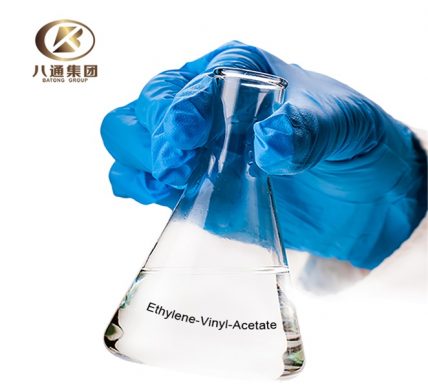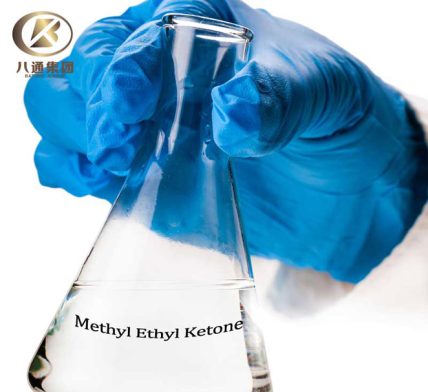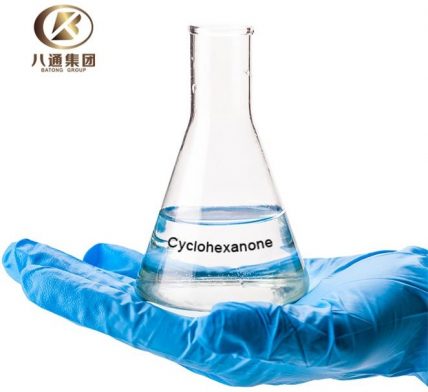Coal is a kind of combustible black or brown-black sedimentary rock, which is a solid combustible mineral buried by ancient plants underground and underwent complex biochemical and physiochemical changes. Coal is known as black gold and industrial food, which has been one of the main energy sources used in the human world since the 18th century.
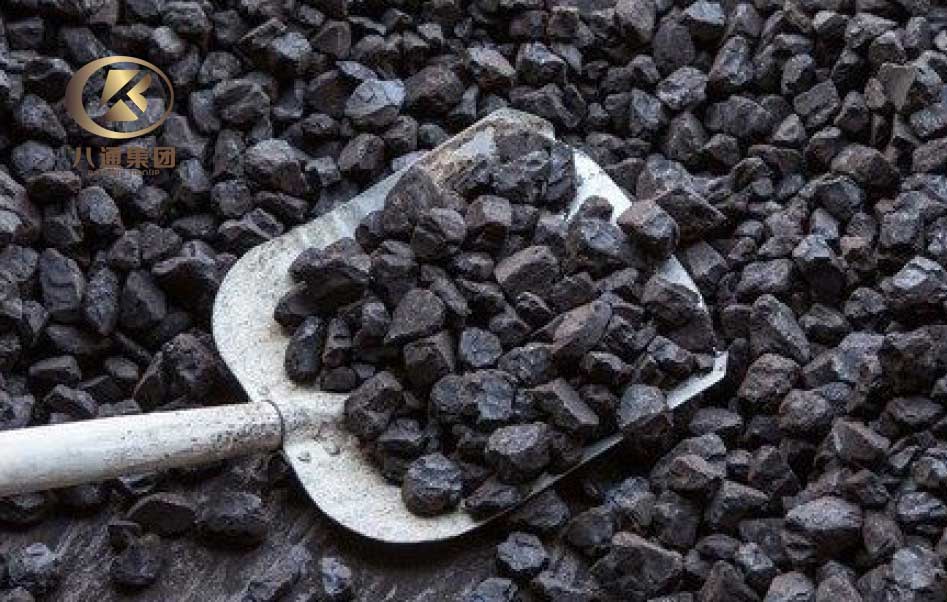
Chemical raw materials can be generally divided into organic chemical raw materials and inorganic chemical raw materials. Organic chemical raw materials can be divided into alkanes and their derivatives, alkenes and their derivatives, alkynes and derivatives, quinones, aldehydes, alcohols, ketones, phenols, ethers, anhydrides, esters, organic acids, carboxylates, carbohydrates, heterocyclic, nitrile, halogens, amide, and other species.
The primary raw materials of inorganic chemical products are sulphur, sodium, phosphorus, potassium, calcium and other chemical minerals and coal, oil, natural gas, air, and water. In addition, the by-products and wastes of many industrial sectors are also raw materials of the inorganic chemical industry, such as coke oven gas in the coking production process of the iron and steel industry, in which the ammonia can be recycled into ammonium sulphate by sulfuric acid and sulphur dioxide in the smelting waste gas of chalcopyrite, galena and sphalerite can be used to produce sulfuric acid.
"Coal" is known as the mother of chemical raw materials. In addition to being used as a fuel, coal is an important chemical raw material, such as calcium oxide at high temperatures, calcium carbide and water reaction to produce acetylene is the raw material of many chemical products, can be used to produce acryl, and Yuanming powder production of sodium metasilicate has a wide application in the chemical field.


